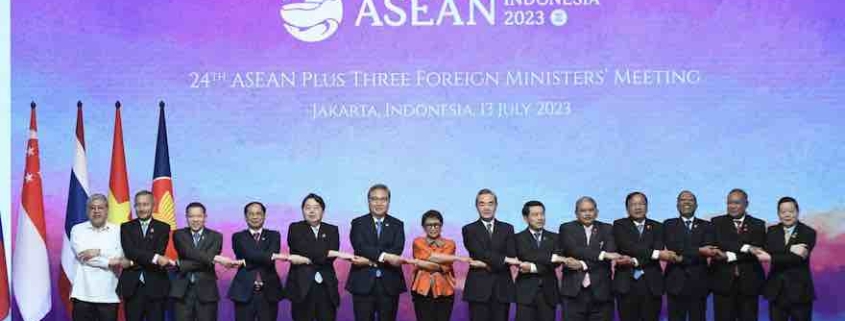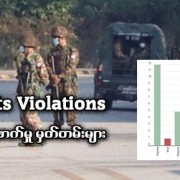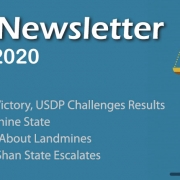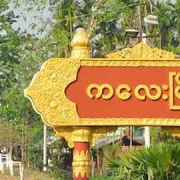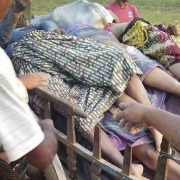Divided ASEAN condemns Myanmar violence again, supports five-point plan
RECASTS WITH JOINT COMMUNIQUE
ASEAN foreign ministers on Thursday condemned violence in Myanmar again and repeated support for a peace plan ignored by its junta rulers, as the divided bloc struggled to find unity over the protracted crisis.
Myanmar has been ravaged by deadly violence since a military coup ousted Aung San Suu Kyi’s government in February 2021, unleashing a bloody crackdown on dissent.
A joint communique finally arrived late Thursday, more than a day after a two-day Association of Southeast Asian Nations ministerial meeting ended as the fractured group wrangled over its content and wording.
It said a five-point plan agreed with Myanmar’s junta two years ago — which they have failed to implement — remained the bloc’s best hope of solving the crisis, despite Thailand launching a separate track to ASEAN efforts in recent months.
“We… reaffirmed our united position that the five-point consensus remains our main reference to address the political crisis in Myanmar,” it said.
“We strongly condemned acts of violence, including air strikes, artillery shelling, and destruction of public facilities and urged all parties involved to take concrete action to immediately halt indiscriminate violence (and) denounce any escalation.”
It asked all sides of the Myanmar conflict to “create a conducive environment for the delivery of humanitarian assistance and inclusive national dialogue.”
ASEAN chair Indonesia had on Wednesday urged a political solution to the crisis at two-day foreign minister talks.
But more than two years after the coup, the divided 10-member bloc’s peace efforts remain fruitless, as the junta ignores international criticism and refuses to engage with its opponents.
A Southeast Asian diplomat attending the meetings told AFP on condition of anonymity the delay was because they were “working on the language on Myanmar”.
An early draft seen by AFP on Tuesday had left a section on Myanmar blank.
The diplomat said some countries wanted outright re-engagement with the junta, while others said the five-point plan that aims to end the violence and renew talks must remain the basis for re-engagement.
This confirmed the “deep divisions within ASEAN on the Myanmar issue”, the diplomat added.
– Thai dialogue track –
Thailand has made its own initiative to speak directly with the Myanmar junta and other actors in the conflict.
Last month, Bangkok hosted the junta’s foreign minister for controversial “informal talks” that further split the bloc.
Then on Wednesday, on the second day of ASEAN talks, Thailand’s top diplomat announced that he met last week with Suu Kyi — who has been detained since the coup, and jailed by a junta court for a total of 33 years.
Don Pramudwinai said he met the Nobel laureate on Sunday in Myanmar’s capital Naypyidaw and that she was in “good health” and “encouraged dialogue”.
Don “freely discussed what he wanted” with Suu Kyi, junta spokesman Zaw Min Tun said in an audio statement posted by the military’s information team Thursday, adding that her health was “good”.
On Thursday, Don told reporters: “It has been two years now, (and) not much improvement. So there must be re-engagement with Myanmar.”
– ‘Safe, stable, prosperous’ –
Indonesia has said any other efforts must support ASEAN’s existing five-point peace plan.
Malaysian Foreign Minister Zambry Abdul Kadir told reporters that all members were working towards the “same issue”, which was ensuring that Southeast Asia was “a region that is safe, stable and prosperous”.
Indonesian Foreign Minister Retno Marsudi said Jakarta had engaged in “quiet diplomacy” with all sides of the conflict, and in its seven months as chair had held more than 110 engagements concerning Myanmar.
But analysts said Thailand was taking the lead on the crisis, undercutting ASEAN efforts and shifting the centre of negotiation to Bangkok.
A Thai foreign ministry official declined to comment on Indonesia’s work as ASEAN chair.

